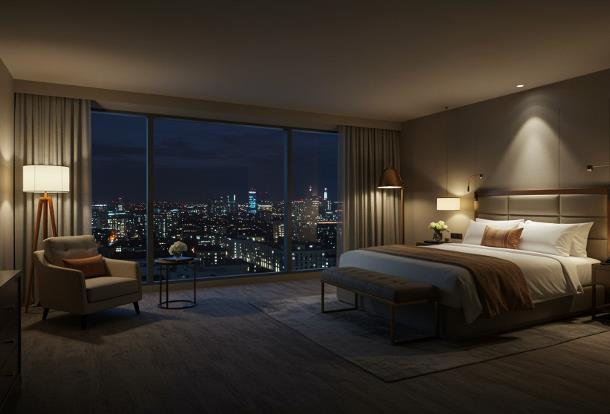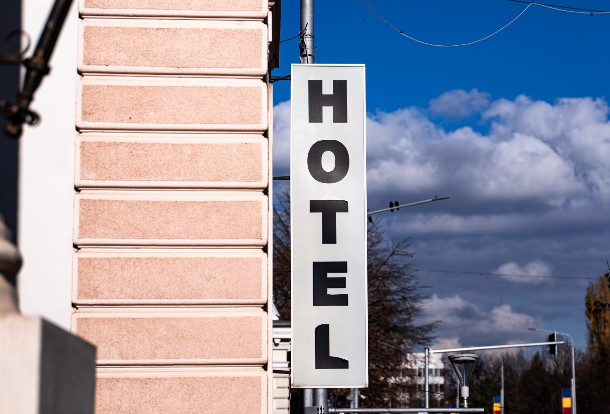After two successful financing rounds, mid-range Vienna Hotels Group is raising a third capital injection of RMB300 million (approx: US$48.45 million), its CEO Deman Huang revealed.
“We have often been confused with economy hotels ever since our inauguration in 1993, However, mid-range and economy hotels are actually different, not only in facilities but also in services. For example our business services and dining are on a different level than that of economy hotels,” Mr. Huang said.
Vienna Hotels now has 500 hotels with some 60,000 rooms and more than 40 million registered loyalty members in 80 large- and medium-sized cities in China.
“We are now growing at a rate of 100-200 hotels a year and we plan to open around 230 hotels this year to have a total of 700 hotels by the end of 2015. We will also modify our strategy, putting more of an emphasis on franchises than direct management model and aim to have around 70% franchise hotels and 30% directly managed hotels in our portfolio in the future. Our long-term plan is to have 1,000 hotels in 100 cities by 2017 and 10,000 hotels in 1,000 cities from 2018 to 2033,” Mr. Huang said.
“We also plan to branch out from hotel operations to become a health and wellness conglomerate. For instance we have already obtained more than twenty patents in the field of deep-sleep and we will combine technology and explore the wellness business chain to expand Vienna Hotels into a wellness group,” he said.
Occupancy rates and room prices for economy hotels have been in a downward spiral in recent years, prompting more budget hotel chains to cross over into the less crowded mid-range hotel market. This has sparked fierce competition in the mid-range market, and is reflected in the drop of the all-important revenue-per-available-room (RevPAR) index in the fiscal reports of Home Inns and China Lodgings.
“We are aware of our market challengers and the RevPAR problem. The profit/cost balance is especially important in the mid-range hotel market. Although our prices are higher than economy hotels, our cost per room is rising so we must develop additional services like dining and others. The most important thing for us is maintaining a high occupancy rate, which is above 95% currently, to capture a larger customer base and ensure a relatively higher RevPAR. Our RevPAR increased 8% last year and we anticipate payback in three to four years, which is relatively fast in the industry” Mr. Huang said.(Transaltion by David)




